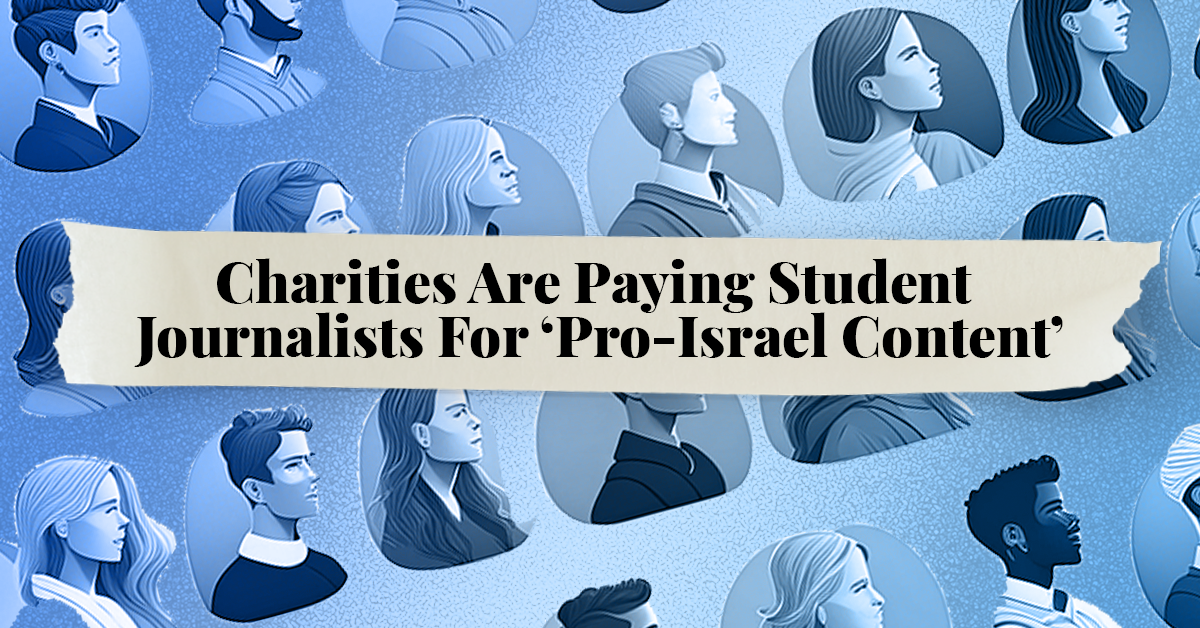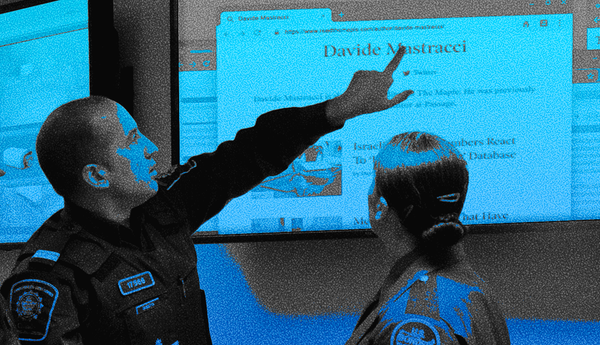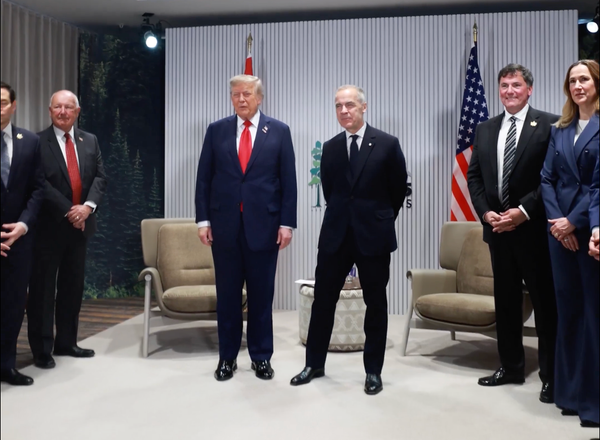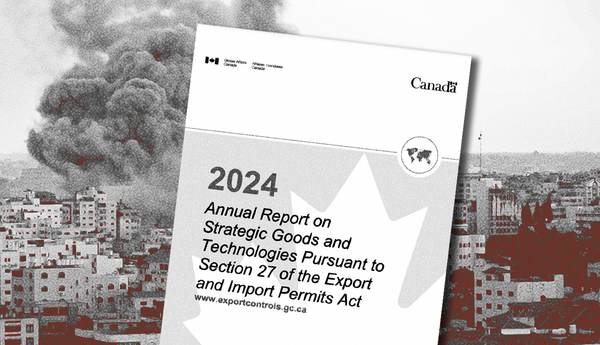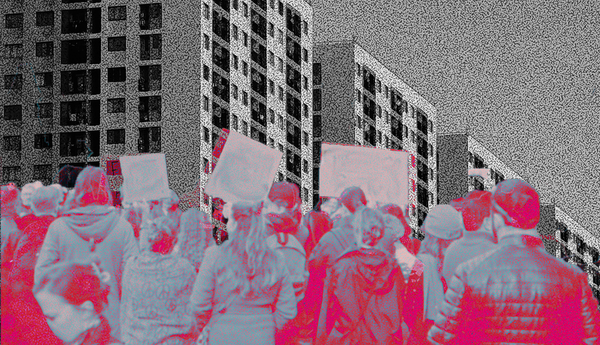Zionist charities in Canada are paying student journalists to write and share “pro-Israel content.”
In 2022, HonestReporting Canada (HRC) and Hasbara Canada founded the Canadian Campus Media Program. The program, now operated by HRC and Allied Voices for Israel (AVI), consists of post-secondary students being paid $1,000 for six months of participation, with the expectation that they:
- “Monitor their local campus media”;
- “Respond to problematic coverage, whether by filing complaints or submitting counter letters to the editor and rebuttal op-eds”;
- “Proactively submit opinion commentaries and press releases to steer the conversation about Israel, following with the adage that the best defense is a strong offense”;
- “Create and share pro-Israel content on social media and report antisemitic/anti-Israel content.”
The program has had two cohorts thus far (23 students at 14 universities in 2023 and 26 students at 13 universities in 2024) and current participants include at least three students that are in or have completed journalism programs, at Concordia, Carleton, and Dalhousie.
Program participants have had success in getting their work published.
HRC’s 2023 second quarter report stated that 2023 program participants published 23 articles over the six-month span. Five of these articles were published in campus outlets at universities, while the rest appeared in a mix of Israeli and Jewish outlets as well as The Suburban in Quebec.
None of the authors of articles in student publications were identified as being participants in HRC’s program in their online author bios. Instead, they were either just identified as university students or did not have a bio attached to their article online.
The 2024 cohort, meanwhile, has had at least four separate articles published thus far, in the National Post, Times of Israel and Jerusalem Post. None of these have come from the journalism students in the cohort. Three of the four authors were identified as HRC program participants.
The students have also been featured in articles about a supposed rise in antisemitism on university campuses since October 7, before, during and after their involvement in the fellowship.
The most notable example was a November 2023 Rosemary Barton CBC interview of Ora Bar (a participant in the 2024 program, whose LinkedIn states that they attended Concordia for a bachelor’s program in journalism from 2019 to 2023), which ran with the headline: “‘It’s unsettling to be a Jewish student right now,’ says Concordia student.”
Bar was also interviewed for a February Global News investigation into “Canada’s dramatic spike in antisemitic hate,” where she was quoted as saying, “I personally have felt safer in a bomb shelter than in the streets of Montreal.”
Other examples include: a former HRC program participant being interviewed by CTV News and Global News; Bar being interviewed by the Montreal Gazette, Global News, and The Globe and Mail before joining the fellowship; and a current program participant being interviewed for a National Post column.
None of the students are identified as current or former HRC program participants in these articles or videos.
The Maple reached out to the editors of most major campus publications at the universities of current program participants to ask if a students’ participation in the program would dissuade the editors from publishing their work.
The editor of the Ubyssey, a student newspaper at the University of British Columbia, told The Maple participants would be prevented from reporting on issues related to Israel, but would be able to write opinion articles as long as their involvement in the program was disclosed.
The editor of the McGill Tribune, a student newspaper at McGill University, told The Maple: “Students accepting money from an outside organization, let alone one that has routinely harassed and surveilled organizations that accurately cover Palestinian liberation movements in the diaspora, is completely unethical and antithetical to the principles of journalism that we try to embody and teach the next generation of journalists. That would not be journalism, and it certainly would be a conflict of interest.”
The Maple also spoke with Zachary Fortier, the editor of The Link, a student newspaper at Concordia University.
Fortier has worked at the newspaper for three years, starting as a staff contributor, then the news editor and now the editor-in-chief. Fortier told The Maple that in his time at The Link, “I’ve received easily over 5,000, 6,000 emails from HonestReporting Canada and the people signing these petitions.”
As reported by The Maple in an extensive two-part series on HRC published in January, HRC often issues action alerts identifying what it perceives as a problem with a publication’s content, and calling on its mailing list to email the outlet in question with a complaint and a request. HRC generally provides a script for its more than 60,000 email subscribers to use, making it easy to identify emails sent as a result of HRC action.

Fortier said the email floods, including ones that go off script into hateful messages, usually “directly” line up with alerts issued by HRC. Fortier described the alerts as a “targeted harassment campaign,” and says he has, to his knowledge, never personally received an email from HRC staff asking for comment from him prior to the alerts being issued.
Fortier also told The Maple that he has noticed “a huge influx” of emails from HRC subscribers since its campus media program was created. One of the program’s requirements is for students to “monitor their local campus media.”
The Maple reviewed HRC’s alerts and found that The Link has been the target of at least eight of them in the past two years.
As noted above, the campus media program was started by HRC and Hasbara Canada.
HRC is a Zionist group seeking to “control the narrative” on Israel in Canadian media. It was created in 2003 and receives a significant amount of its funding from wealthy and prominent Canadian families, including the Azrielis, the Aspers, the Munks, and the Rotmans. In 2019, it became a registered charity in Canada. Several of the group’s current employees previously worked for the Israeli government.

Hasbara Canada is the Canadian branch of Hasbara Fellowships, which, as noted on an archived version of its website from 2010, was “started in 2001 in conjunction with Israel’s Ministry of Foreign Affairs.” The organization states that it is, “Active on over 95 university campuses across North America [and] brings hundreds of students to Israel every summer and winter, giving them the information and tools to return to their campuses as pro-Israel activists and leaders.” Many current and former HRC staff members have been involved with Hasbara Fellowships, most notably its current assistant director, who in 2015 was hired as Hasbara’s first Canadian director. Hasbara Fellowships is not a registered charity in Canada.
The first cohort of the campus program was hosted by HRC and Hasbara Canada, with the contact person on Hasbara’s side listed as Daniel Koren. However, the launch of the second cohort was announced as follows: “As Canada’s leading organizations empowering student leaders to advocate for Israel and galvanizing grassroots Canadians to fight media bias against Israel, HonestReporting Canada (HRC) and Allied Voices for Israel (AVI) proudly joined forces again for the second year of our Canadian Campus Media Fellowship.”
AVI is a group created in 2023 by Koren, which became a registered charity in 2024. The group has a similar mission as Hasbara Fellowships, and shares at least two staff members with it, but does not describe itself as being linked to Hasbara Fellowships. HRC’s announcement, meanwhile, treats the two groups as if they are the same by describing the partnership as joining forces “again” when in reality the first fellowship was run by HRC and Hasbara Canada. Koren is also listed as the contact person for the campus program once again.
The Maple reached out to HRC and AVI to ask about this discrepancy and other issues raised throughout the article but neither organization replied. The Maple’s comment requests to Bar also went unanswered.


